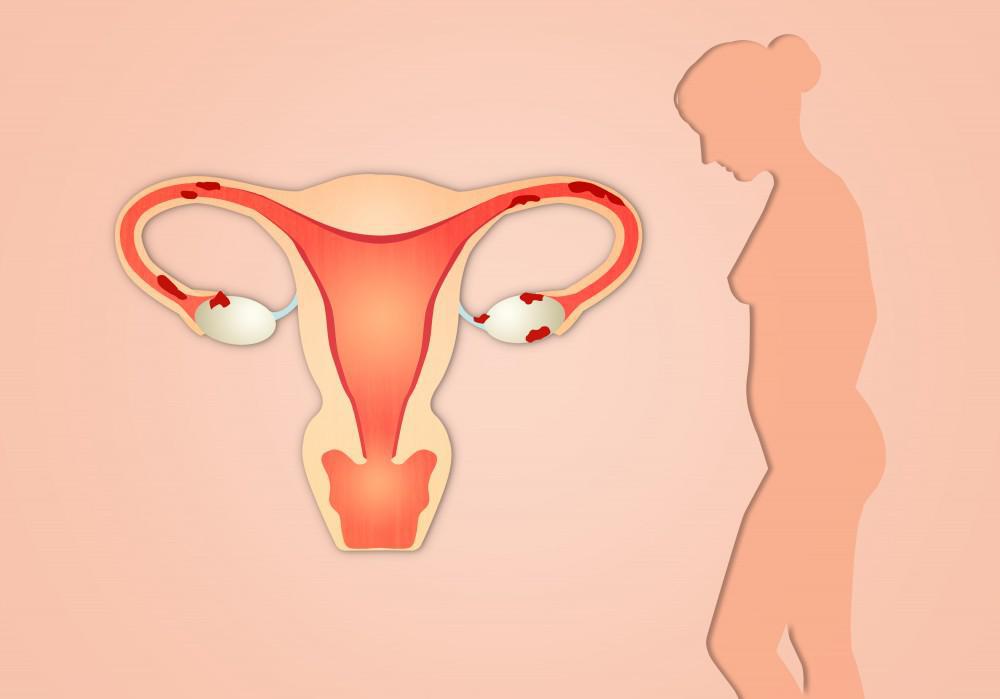
Premature ovarian insufficiency (POI) is characterized by deficient ovarian sex hormones and decreased ovarian reserve, which together lead to an accelerated reduction in ovarian function and an early onset of menopause. Premature ovarian insufficiency is a medical condition in which ovarian follicles are depleted and cease to function normally both as reproductive organs and endocrine organs in women under 40 years old. It is characterized by deficient ovarian sex hormones and decreased ovarian follicles that accelerate the onset of menopause. This condition often results in subfertility or infertility, as it is associated with hypoestrogenism, which causes menstrual irregularities and pregnancy failures.
The decrease in estrogen secretion also causes a myriad of menopausal symptoms, such as hot flashes,night sweats, and insomnia. In addition, long-term consequences of premature loss of ovarian function increase the lifetime risk of skeletal fragility and cardiovascular and neurocognitive disorders.
Delayed diagnosis of POI can be attributed to mild clinical symptoms and a relative lack of awareness. POI is mostly diagnosed after menarche.
Risk Factor
- Ovarian Surgery
- Age
- Family history
Symptoms
These symptoms are indistinguishable from those associated with menopause. They include having difficulty conceiving, and experiencing new-onset menstrual irregularity after pregnancy or after ceasing the use of birth control pills. Amenorrhea in a healthy woman for three consecutive months requires further investigation, with POI being a probable differential. Hot flashes, dyspareunia, night sweats, dry eyes, and decreased sexual desire are other typical symptoms which resemble those experienced in a menopausal or an estrogen-deficient state. However, women experiencing primary amenorrhea may never experience symptoms of hypoestrogenism.
Diagnosis
B-ultrasonography is a standard test to determine the current thickness and morphology of the endometrium. It will also be used to determine the maturation rate of the ovarian follicles. Usually, a slow rate indicates an ovarian insufficiency. Lastly, B-ultrasound can assess and compare the level of synchrony between the maturation of the endometrium and the follicles. Asynchrony is a clear indication of ovarian insufficiency.
Our doctors will also do a standard endocrinology report to determine your oestrogen levels.
Treatment at Antai
The primary reason as to why the ovaries experience abnormalities in function is due to ovarian fatigue, this may be caused by a number of different factors such as mental state, environmental factors etc. For POI patients, our doctors will recommend the use of oral contraceptives to temporarily halt the process of the follicle release. The purpose is to allow the ovaries to heal and recuperate within the next 3-6 months, to directly deal with the fatigue and stress of the ovaries. After this “resting period,” your ovaries will be back to healthy capabilities, releasing follicles regularly, and your endometrium wall will thicken as normal in sync with your menstrual period.
These contraceptives are made with a combination of hormones that have minimal side effects and do not disrupt the internal hormonal balance.